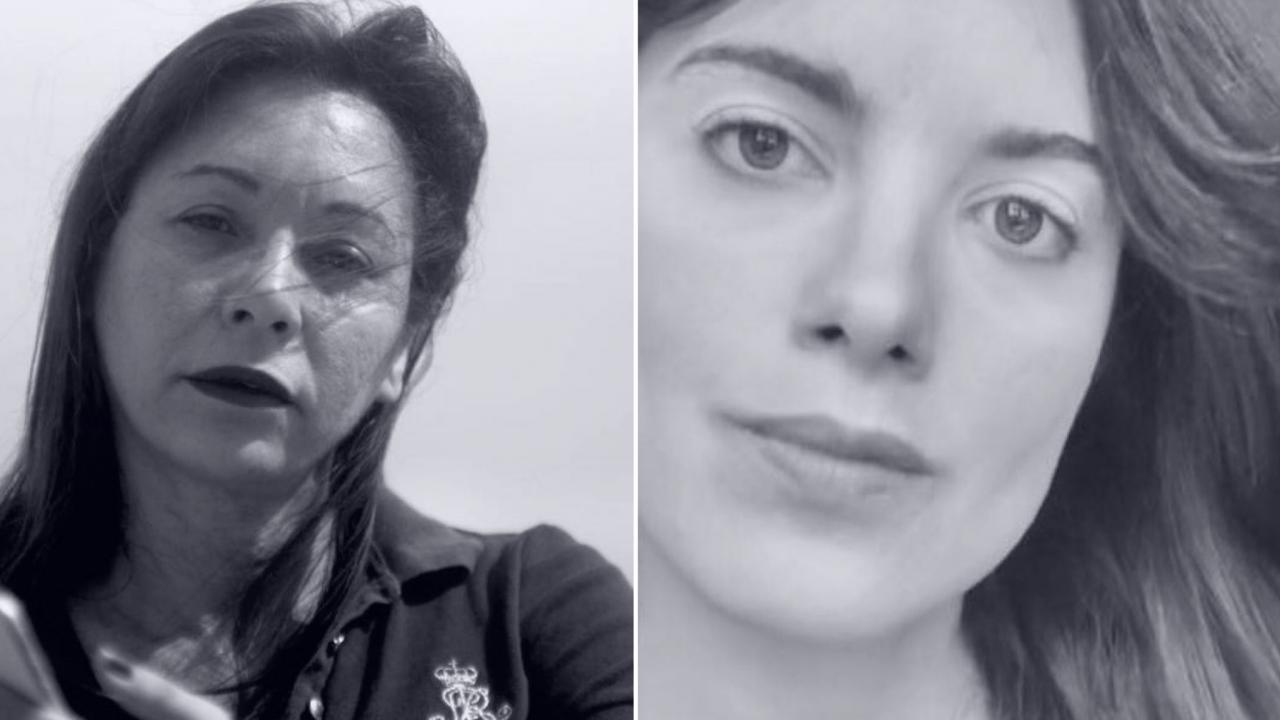Journalist Iliana Hernández and art historian Carolina Barrero have something in common: in addition to their courage in condemning the Cuban regime's human rights violations, and not giving in to its pressure, they are both Spanish citizens.
This nationality has been acquired by tens of thousands of Cubans in recent years. Thanks to this status, they can, from the island, exercise their right to vote or stand for election in Spain, and receive financial aid.
None of this bothers the Cuban regime. Whether a Cuban votes or not in the Spanish elections does not harm it, and the fact that many receive financial aid, in reality, benefits it, resulting in more Cubans who will spend their euros in the government's stores.
The recognition of dual citizenship by the Cuban Government has been one of the demands voiced by Cubans residing abroad, who have been able to obtain the nationality of the country in which they live. This entitles them to enter Cuba with the passport of the other country and be exempted from paying for the Cuban credential, one of the most expensive travel documents in the world, which they only use for entry to the island.
This wish was "satisfied" in the Constitution approved in 2019. Article 36 of the new document states that "The acquisition of another citizenship does not entail the loss of Cuban citizenship."
However, as if to keep Cubans with a different citizenship from getting too uppity, the article clarifies: "Cuban citizens, while they are in the national territory, are governed by said condition, in accordance with the terms established in the law, and cannot make use of any foreign citizenship."
This means that, although the government can now boast about the progress of its recognition of dual citizenship, in practice Cubans cannot make use of it while they are in Cuba. Spanish citizenship, for example, does not imply merely a right to vote and receive financial aid. It also entails a degree of responsibility on the part of the Consulate towards its citizens, to whom it is bound to provide consular assistance.
The website of the Spanish Ministry of Foreign Affairs, European Union and Cooperation explains that all Spanish citizens in a foreign country are subject to the law of the country in which they are located. If they break it, they are susceptible to judicial proceedings in accordance with the country's regulations, without it being possible to claim exemption from submission to local judges or, where relevant, sentences handed down against them.
But it also clarifies that consular protection can be exercised over Spanish detainees who also possess the nationality of the country in which they are held, if the internal laws and regulations of the same do not place limits on consular protection, which is understood as a limit on the defense of citizens.
In cases of arrest or imprisonment, the Consular Offices of Spain abroad are to ask the local authorities to communicate with the Spaniard immediately, and access to him or her from the moment his arrest is known until his release.
In addition, the Consulate is to request from the local authorities information regarding their case, and about prisons that do not cover the basic needs of detainees (food, medicine, clothing, etc.). The Consular office is to try to help the detainee meet these needs, to the extent possible.
The Spanish Consular Offices are in a position to provide a list of lawyers specialized in certain types of cases, although they cannot recommend any particular one, or be parties to said professional relationship.
Iliana Hernández, a Spanish citizen, has suffered arrest and property confiscation, before and after the entry into force of the new Constitution. In addition, the Cuban government has prevented her from leaving the country for the past three years.
Carolina Barrero was arrested and subjected to two interrogations, and criminal proceedings were initiated for clandestine printing.
Both reported that the Spanish Consulate remained on the sidelines. Iliana Hernández states that she reported her situation, "but they don't care. They have abandoned me."
Carolina did not request consular assistance, nor was she contacted by consulate staff at any time. "The position of the Spanish diplomatic mission in Cuba has left a lot to be desired for years. They do not speak out or take an interest in violations of the human rights of Spanish citizens if they have dual nationality, an irregularity even violating Spanish laws and institutions," explains Carolina. According to this young woman, the reasons for this positioning "are shaped, above all, by economic interests, a historical nostalgia, and a misplaced left-wing political stance."
Although it has obligations towards these two citizens, the Spanish Consulate can justify its lack of involvement pointing to Article 36 of the Cuban Constitution, which, although it recognizes dual citizenship for the island's citizens, prevents them from exercising a second citizenship on Cuban soil.
As usual, the rights of Cubans end where the regime's need to repress begins, and they will not enjoy any guarantees that allow them to shake the foundations of dictatorial power.
But, what about passive and obedient Cubans who do not intend to stand up to the regime, and only want to enter the country with their second passport, and stop paying for the Cuban one?
In order for them to benefit from dual citizenship, which, with limitations, the Constitution recognizes, the Migration Law must be modified and the Citizenship Law must be legislated. Both are slated on the Legislative Schedule, but neither the modification of one nor the promulgation of the other has taken place, such that, for now, Article 36 of the Constitution is a dead letter to determine the scope and exercise of dual citizenship.
